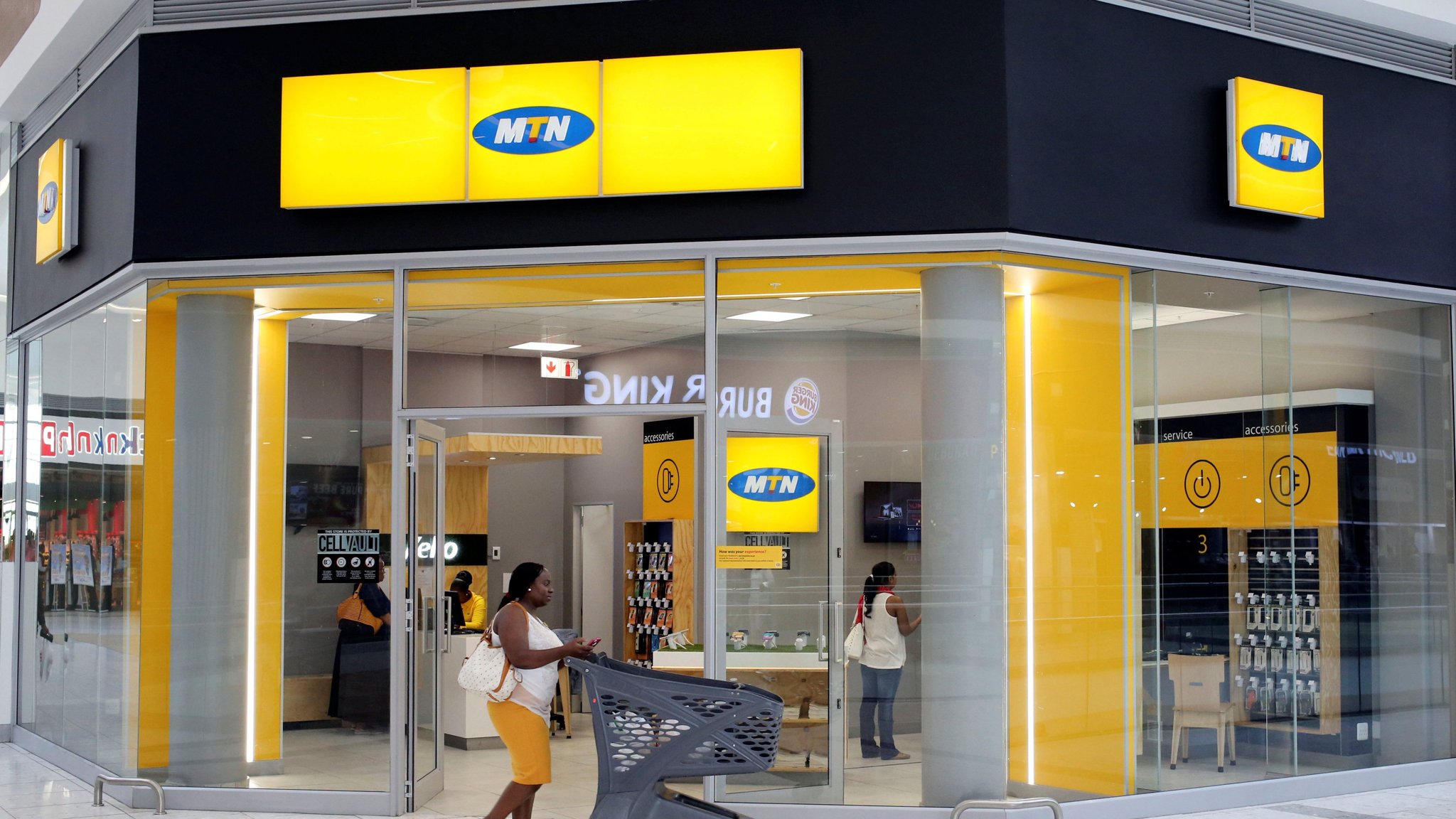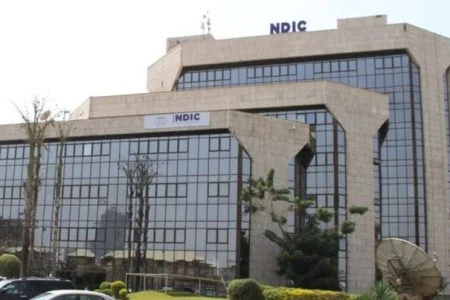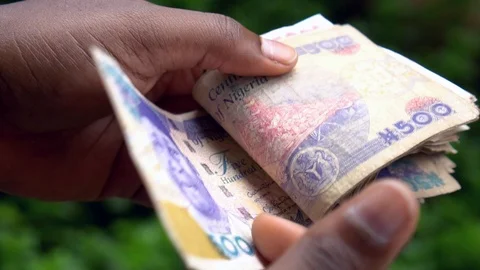Business
How to stay safe from personal loan scams in Nigeria

In recent times, it has become exceedingly easy to secure personal loans. But with this ease also comes risk on the part of the borrower.
Unsuspecting Nigerians get defrauded by unscrupulous entities. And believe it or not, these scams have become incredibly rife. So in this article, we’ll reveal the various types of loan scams and how to identify and avoid them.
What Are The Types Of Loan Scams?
Here are the 7 common types of loan scams to watch out for:
- Online lending scams.
- Phishing scam.
- Debt relief scam.
- First contact scam.
- Imposter scam.
- Full-guarantee scam.
- Upfront fee scam.
Online Lending Scams
Some malicious platforms pose as loan providers but in fact, are out to collect the personal information of applicants. The stolen information is then sold to a third party, or used to gain access to the victims’ bank accounts.
Debt Relief Scam
Some scam artists claim to help businesses and individuals pay off lump-sum debts so as to allow them more time to settle. The service is offered at a cost which the benefactor has to pay upfront. However, as soon as the fee is paid, the scammers vanish.
Upfront Fee Scam
It is often not unusual for lenders to demand insurance, origination, and other loan processing fees. These fees vary depending on the lender. However, some scammers manage to defraud people by collecting these fees and then failing to issue the loan.
Imposter Scam
Some fraudsters pose as a lending institutions, and when people apply for a loan, they collect the information provided by these applicants and use them to take loans in their name, thus leaving the victim with huge amounts of debt.
Full-Guarantee Scam
It is standard procedure for lenders to assess the creditworthiness of applicants by consulting with a credit bureau, such as the CRC Credit Bureau.
And if they find the credit report of the applicant to be lacking, they will deny the application and not issue the loan.
However, some entities lure in desperate individuals who have poor credit reports with the promise of a loan guarantee. The applicant is made to pay a fee to ensure that their application will be granted. But they end up getting defrauded.
Phishing Scam
Fraudsters contact potential borrowers and claim to be a legitimate financial institution. They then ask for bank account details and security pins if the victim expresses their interest in taking the loan. Should the person be fool enough to give them the information, they get duped.
First Contact Scams
This is where individuals are approached by unknown bodies with juicy loan offers without having first applied for any loan. This usually happens through phone calls, SMS, and various online channels.
How To Stay Safe From Loan Scams?
There are some warning signs that will enable you to quickly identify fraudsters. Furthermore, you should follow some safety measures to ensure that you do not fall prey:
- If there are any fees that come with processing the loan, request for the fees to be deducted from the actual loan amount at the time of disbursement, rather than opting to pay the fees upfront.
- No legitimate lender will pressure you into taking a loan. Always ensure that you are presented with standard terms and conditions. And beware of lenders and loan offers that seem too good to be true.
- Legitimate financial institutions will always check your credit history before approving your loan. Therefore, any lender that promises you a 100% approval rate, has no clear repayment terms, or that shows no interest in verifying your credit report is probably a scam attempt.
- Always check for online reviews, and ensure that the establishment is well-known.
- Only scammers will ask for information on your ATM card or other such sensitive details during the loan application process. The standard information that is required for a loan application includes:
- Proof of identity: Name, age, address, phone number, ID card, BVN.
- Proof of income: 6 months bank statement report.
- Utility bills: rent, PHCN bills, or water bills.
- Credit report (Which the lender usually obtains from the credit bureau).
6. Avoid unregistered lenders. Legitimate lenders are insured by the Nigeria Deposit Insurance Corporation (NDIC) and regulated by the Central Bank of Nigeria.
If by any chance you’ve already been entangled in suspicious dealings, be sure to report the issue to your bank immediately, and also take the case to the Economic and Financial Crimes Commission (EFCC).
Business
NIN-SIM linkage: MTN bars 8.6 million lines as NCC extends deadline

MTN Nigeria says it has fully barred a total of 8.6 million lines from the network in line with the directive of the Nigerian Communications Commission (NCC) on SIMs not linked to the National Identification Number (NIN) of the users.
The company disclosed this in its first quarter (Q1) 2024 financial report, noting that this impacted its business in the quarter.
However, to provide more time for the subscribers with less than five lines linked to an unverified NIN to complete the necessary verification exercise, MTN disclosed that the NCC has extended the 15 April deadline to 31 July 2024.
According to MTN, the lines that have been fully barred are those of subscribers who did not submit their NIN and those with more than five lines linked to an unverified NIN.
Highlighting the impact of the NIN-SIM linkage exercise and the regulatory directive, MTN Nigeria’s CEO, Karl Toriola, said:
“During the quarter, we also continued to manage the effects on our business of the industry-wide directive of the Nigerian Communications Commission (NCC) for a full barring of subscriber lines not linked to their National Identity Number (NIN) – the NIN-SIM directive.
“This impacted the development of our user base across all of our key business units (voice, data, and fintech) in Q1 2024.
“Although we had to fully bar 8.6 million subscribers in line with the directive, we minimised the net effect of the barred subscribers, and our total number of subscribers only decreased by 2 million in Q1, closing with a total of 77.7 million subscribers.”
Toriola said this demonstrated the effectiveness of the company’s customer value management (CVM) initiatives, which helped it to retain affected customers and reduce churn, as well as to drive gross connections.
Meanwhile, the company also reported a decline in its data subscribers in the quarter under review. According to the MTN’s CEO, active data subscribers declined marginally by approximately 78,000 to 44.5 million.
“Notwithstanding these headwinds, we recorded increased activity within the base, with voice traffic rising by 5.1% and data traffic by 40.6%.
“This is a result of the consistent growth in demand for data and voice, supported by our attractive offers to customers and continuous investment in network quality and coverage,” Toriola stated.
Data from the NCC show that total active mobile subscriptions in Nigeria across the networks of MTN, Airtel, Globacom and 9mobile, which stood at 224.4 million in December 2023 had declined to 219 million as of March 2024 as all the telecom operators implemented the policy on the mandatory NIN-SIM linkage.
Business
NDIC increases banks’ deposit insurance coverage from N500k to N5m

The Nigeria Deposit Insurance Corporation (NDIC) has increased deposit insurance coverage for all licensed deposit-taking financial institutions.
NDIC disclosed this in a post on its Facebook page on Thursday.
Deposit insurance protects depositors’ funds in the event of a bank failure.
Bello Hassan, NDIC managing director and chief executive officer (CEO), said the deposit insurance coverage for commercial banks was increased from N500,000 to N5 million.
Hassan said the increase provides coverage for 98.98 percent of depositors in Nigeria.
Business
Naira drops to N1,370/$ at parallel market, gains marginally at official window

The naira declined to N1,370 against the dollar at the parallel section of the foreign exchange (FX) market on Wednesday.
This represents a 1.48 percent depreciation from N1,350 traded on April 29.
Currency traders, also known as bureau de change (BDC) operators, put the buying rate of the greenback at N1,330 and the selling price at N1,370 — leaving a profit margin of N40.
At the official window, the local currency appreciated by 1.98 percent to N1,390 on April 30 — from N1,419.11 on April 29.
During trading, the exchange rate rose as high as N1,450 and as low as N1,200 according to data from FMDQ Exchange, a platform that oversees FX trading in Nigeria.
The naira devaluation has continued to pose significant challenges to firms, cutting deep into profit margins and eroding shareholders’ dividends.
On April 30, Aliko Dangote, chairman of Dangote Industries Limited, said the devaluation of naira created the “biggest mess” for the company in 2023.
“We are doing whatever it takes to make sure that at the end of the day, we will be paying dividends because if you look at our dividends last year, it was almost 50 percent more so we will try and get out of the mess,” Dangote said.
“The biggest mess created was actually the devaluation of the naira from N460 to N1,400.”
He said almost 97 percent of the companies, especially in food and beverages businesses, will not pay dividends this year due to the FX constraints.
-

 News1 week ago
News1 week agoFAAN reopens Lagos airport runway after Dana Air incident
-

 Crime2 days ago
Crime2 days agoUK-based Nigerian doctor, Tijion Esho loses licences over sex for free Botox injections
-

 News5 days ago
News5 days ago‘Mischievous narrative’ — Yahaya Bello’s media office reacts to ‘American school refunding $760k’ claim
-

 News1 week ago
News1 week agoNigeria Air: EFCC vows to arraign Sirika over alleged contract fraud
-

 Education1 week ago
Education1 week agoUNN suspends, probes lecturer attempting to sexually assault female student
-

 Entertainment2 days ago
Entertainment2 days agoGunmen abduct singer Gnewzy in Delta, demand $200k ransom
-

 Entertainment5 days ago
Entertainment5 days agoFamily announces burial arrangements for junior pope
-

 World1 week ago
World1 week agoNigerian lady Clara Chizoba Kronborg certified as world record holder for longest interviewing marathon


















